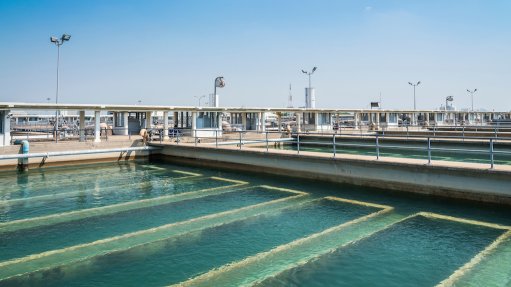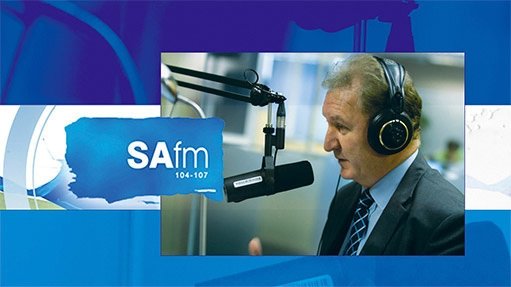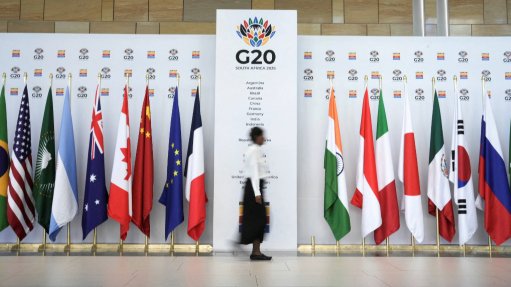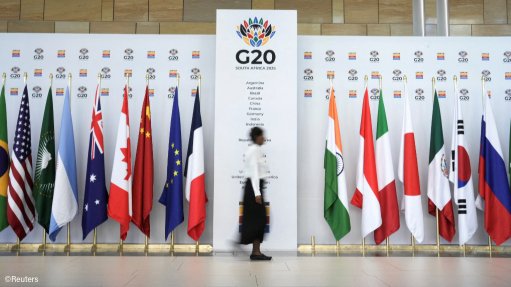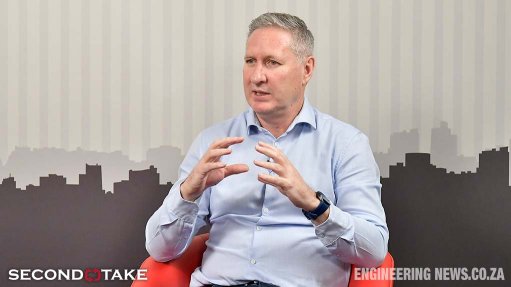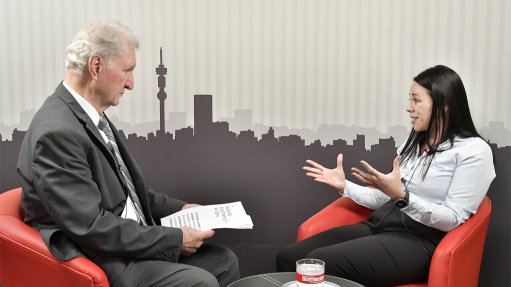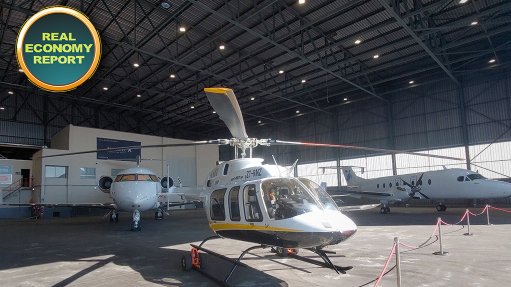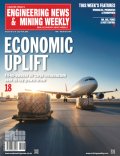Last year’s spectrum auction bodes well for telecoms sector in 2023
Despite the dual headwinds of loadshedding and consumer inflation, 2023 has the potential to be a watershed year for telecommunications in South Africa, says cloud-based business telephone service Euphoria Telecom CTO Nic Laschinger.
Discussing the policy moves that are expected over the next year, Laschinger says that the 2022 auctioning of spectrum – the first sale of new frequencies for mobile applications in South Africa in well over a decade – bodes well for for the telecommunications sector.
Further, the Independent Communications Authority of South Africa (Icasa) is planning to auction more spectrum, with seven bands earmarked for the new auction, specifically radio frequency spectrum suitable for fourth-generation (4G) and fifth-generation (5G) technologies.
“For users this means faster connections which better support real-time applications like gaming, telemedicine, videoconferencing and so on. More available spectrum should improve network coverage, especially for remote and rural areas, and improve the strength of certain signals,” he says, noting that it should also reduce infrastructure costs for providers, savings which could potentially be passed on to the end-users of these services.
In addition, Icasa published the Draft Amendment Radio Frequency Spectrum Regulations 2022 document, which was available for review and comment until the end of January, that could enable some short-range radio apparatus operators to go free-range.
If approved, this will contribute to improving speed, latency and capacity, particularly in new-generation wireless devices.
Laschinger, citing Icasa’s statement, says that the lower 6 GHz band is rapidly emerging worldwide as a key component in broadband roll-out and uptake, providing an essential local loop component to support fibre or fixed wireless access backhaul and WiFi deployment.
“What this means for users is, for example, faster WiFi from your fibre router, reduced router congestion and less signal interference in short ranges, enabling faster data transfer and lower latency services. That is also great for edge computing applications, like autonomous vehicles,” he explains.
With spectrum allocation continuing to open up – and digital migration seemingly imminent – the country is ripe with potential to provide broader and cheaper Internet connectivity.
The long-awaited shift from analogue to digital television (TV) will open up bands in the lower frequencies, which are ideal to provide broadband connectivity to rural and underserved areas.
Late last year, Communication and Digital Technologies Minister Khumbudzo Ntshavheni announced the intention to switch off the analogue television broadcast signal on March 31, after many delays over the past few years.
“Analogue signals are chunky and needy – analogue TV bands need buffer bands on either side to stop signal interference. Moving broadcast signals over from analogue to digital will free up not only the bands used for TV transmission, but also the buffer bands on either side, collectively called TV white spaces,” she says.
The migration will make available the spectrum in the lower frequency bands, namely 470 MHz to 649 MHz, excluding the Radio Astronomy subband, for use in the deployment of Internet connectivity in rural, under- and unserved communities.
“These lower-frequency bands are ideal for transmitting data across great distances, unlike the higher-frequency bands – third-generation (3G) and higher – which are better over short distances.”
Laschinger also highlights government proposals to shift from TV licensing to a device-independent tax or household levy within five years and to “sunset” second-generation and 3G technologies by 2025.
“For now, though, it is clear that – on paper, at least – the South African government has ambitions to use regulation to enable bold digital transformation and is looking to 2023 to lay the groundwork,” he concludes.
Comments
Press Office
Announcements
What's On
Subscribe to improve your user experience...
Option 1 (equivalent of R125 a month):
Receive a weekly copy of Creamer Media's Engineering News & Mining Weekly magazine
(print copy for those in South Africa and e-magazine for those outside of South Africa)
Receive daily email newsletters
Access to full search results
Access archive of magazine back copies
Access to Projects in Progress
Access to ONE Research Report of your choice in PDF format
Option 2 (equivalent of R375 a month):
All benefits from Option 1
PLUS
Access to Creamer Media's Research Channel Africa for ALL Research Reports, in PDF format, on various industrial and mining sectors
including Electricity; Water; Energy Transition; Hydrogen; Roads, Rail and Ports; Coal; Gold; Platinum; Battery Metals; etc.
Already a subscriber?
Forgotten your password?
Receive weekly copy of Creamer Media's Engineering News & Mining Weekly magazine (print copy for those in South Africa and e-magazine for those outside of South Africa)
➕
Recieve daily email newsletters
➕
Access to full search results
➕
Access archive of magazine back copies
➕
Access to Projects in Progress
➕
Access to ONE Research Report of your choice in PDF format
RESEARCH CHANNEL AFRICA
R4500 (equivalent of R375 a month)
SUBSCRIBEAll benefits from Option 1
➕
Access to Creamer Media's Research Channel Africa for ALL Research Reports on various industrial and mining sectors, in PDF format, including on:
Electricity
➕
Water
➕
Energy Transition
➕
Hydrogen
➕
Roads, Rail and Ports
➕
Coal
➕
Gold
➕
Platinum
➕
Battery Metals
➕
etc.
Receive all benefits from Option 1 or Option 2 delivered to numerous people at your company
➕
Multiple User names and Passwords for simultaneous log-ins
➕
Intranet integration access to all in your organisation






